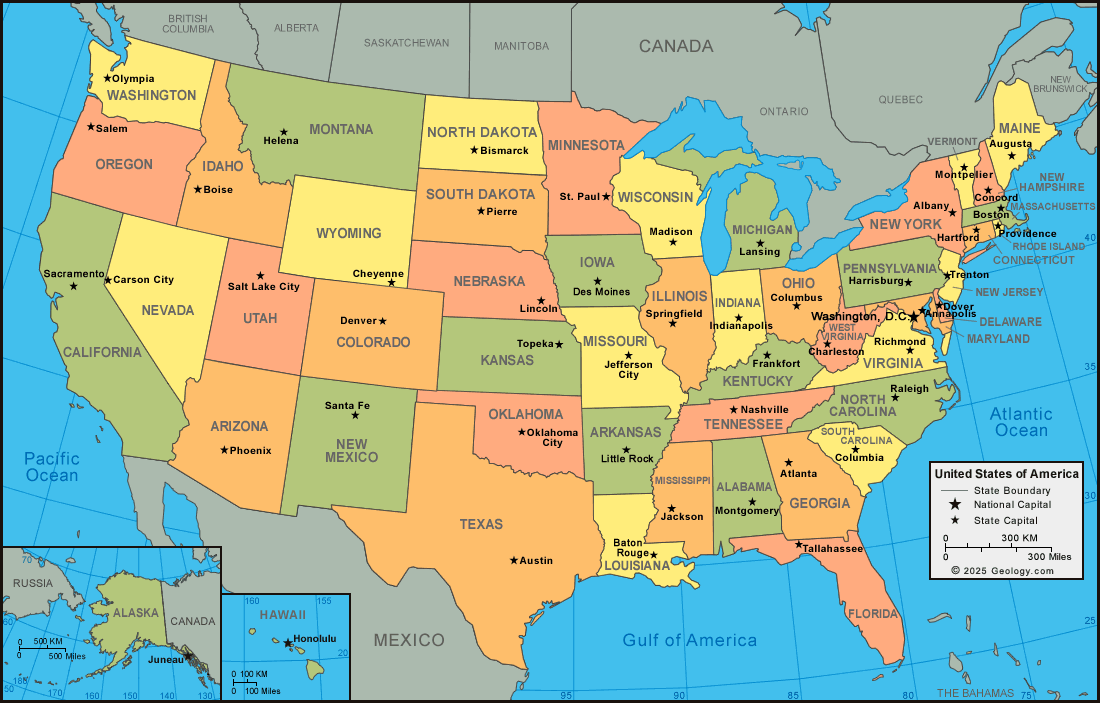Equine Science: Unlocking the Knowledge Behind Horse Care, Management, and Industry Careers
Introduction: Understanding Equine Science
Equine science is a multidisciplinary field dedicated to the comprehensive study of horses. It encompasses biological, physiological, behavioral, nutritional, reproductive, genetic, and management principles [3] . By integrating scientific research with practical applications, equine science aims to improve the health, welfare, and performance of horses while supporting the equine industry’s economic and recreational aspects [2] .
The Scope of Equine Science
At its core, equine science investigates all facets of horse life, from anatomy and physiology to behavior and nutrition. This includes:
- Biology & Physiology: Study of horse anatomy, body systems, and how horses grow, develop, and function [3] .
- Behavior: Understanding equine social structures, learning processes, and responses to training [1] .
- Nutrition & Health: Research into dietary requirements, disease prevention, and wellness strategies [4] .
- Reproduction & Genetics: Management of breeding programs and genetic selection to enhance desirable traits [5] .
- Management: Techniques for horse care, stable operations, and equine business planning [2] .
Equine science programs often incorporate
equitation science
, focusing on evidence-based horse-rider interactions, welfare assessment, and the use of technology to measure training effectiveness
[1]
.
Academic Pathways and Curriculum
Pursuing a degree in equine science equips students with both theoretical knowledge and hands-on experience. Most academic programs feature coursework in:
- Horse anatomy and physiology
- Nutrition and feeding strategies
- Behavioral studies and training methods
- Business and management principles
- Health, disease prevention, and veterinary concepts
- Genetics and reproduction management
For example, Colorado State University’s Equine Science program emphasizes the integration of scientific principles with industry applications, preparing graduates for diverse roles in the equine sector [2] . Students develop problem-solving and leadership skills, learning to apply biological and economic concepts to real-world equine management.
Career Opportunities in Equine Science
The equine industry is broad and dynamic, offering many career paths for those educated in equine science. Graduates may pursue roles in:
- Equine Management: Overseeing breeding farms, ranches, or boarding stables. This requires expertise in animal husbandry, facility operations, and business management [2] .
- Sales & Service: Working as representatives for feed companies, pharmaceutical firms, or equine service organizations, providing technical support and product guidance [2] .
- Organizational Roles: Employment with breed associations, event planning for horse shows, and competitions [4] .
- Education & Extension: Positions such as cooperative extension agents, equine educators, or trainers, helping disseminate best practices and new research [2] .
- Graduate & Professional Studies: Further study in veterinary medicine, animal science research, or specialized equine disciplines.
To access these opportunities, consider the following steps:
-
Research accredited equine science programs at universities and colleges. You can search the
college catalog
or official university websites for program details and admissions information. - Contact the admissions offices directly to discuss prerequisites, application deadlines, and financial aid options. Many institutions have dedicated equine program advisors.
- Explore internships, volunteer positions, and industry networking events to build experience and professional connections.
- Seek certification or continuing education through reputable organizations, such as breed associations or equine management institutes. For more details, consult the official American Association of Equine Practitioners (AAEP) website or similar industry bodies.
Scientific Advances and Practical Applications
Equine science continually integrates new technologies and research methods. Innovations include:
- Measurement Tools: Rein tension gauges, pressure-sensitive equipment, and radiographic studies help evaluate riding techniques and bit positioning [1] .
- Physiological Monitoring: Heart rate, saliva, and blood analysis allow for objective assessment of horse stress and welfare [1] .
- Behavioral Indicators: Scientific observation of responses such as tail swishing, teeth grinding, and rearing provides insight into horse comfort and training effectiveness.
These advances make it possible to refine training and management practices, reduce injury rates, and improve outcomes for both horses and riders.
Challenges and Solutions in Equine Science
Despite its many benefits, equine science faces practical and ethical challenges:
- Welfare Concerns: Ensuring humane treatment and avoiding stressful or painful practices is a priority. Equitation science provides frameworks for assessing welfare objectively [1] .
- Industry Standards: Variation in management approaches can lead to inconsistent outcomes. Continued education and adherence to best practices are critical.
- Access to Resources: Not all regions or facilities have equal access to advanced technology or specialized expertise. Online education and extension programs can help bridge gaps.
To address these challenges, you can:
- Stay informed about latest research and guidelines by subscribing to reputable industry journals and attending seminars.
- Participate in local or national equine organizations to advocate for welfare and professionalism.
- Seek mentorship or collaborative opportunities with experienced professionals in the field.
Alternative Pathways and Continued Learning
For those who cannot access formal degree programs, alternative approaches include:
- Online courses or webinars offered by universities or professional organizations
- Workshops and certification programs focused on specific aspects of horse care or business management
- Volunteer positions or apprenticeships with local farms, stables, or trainers
To locate these resources, search for “equine science courses” or “horse management workshops” on official university or breed association websites. The American Association of Equine Practitioners (AAEP) and similar entities frequently provide educational materials and event listings.

Source: educations.com
Key Takeaways and Next Steps
Equine science offers a robust foundation for anyone passionate about horses, combining scientific rigor with practical skills. Whether your goal is a professional career or personal enrichment, the field provides pathways for growth and impact.

Source: equinesciencesolutions.com
To begin your journey:
- Identify accredited programs or reputable online courses in equine science.
- Contact admissions or program coordinators for guidance on enrollment and career planning.
- Engage with industry organizations for networking, education, and advocacy.
- Consider internships, volunteer roles, or entry-level positions to gain practical experience.
With dedication and ongoing learning, you can contribute to the advancement of equine health, welfare, and industry innovation.
References
- [1] Wikipedia (2024). Equitation science: Scientific methods in horse welfare and training.
- [2] Colorado State University Catalog (2024). Equine Science Major Overview.
- [3] Ask Animal Web (2025). Unlocking the Science of Horses: Equine Studies Explained.
- [4] Missouri State University (2024). Careers and Outcomes – Equine Science Undergraduate Program.
- [5] Cosumnes River College (2023). Equine Science A.S. Degree – Animal Science Map.
MORE FROM weirdsearch.com













